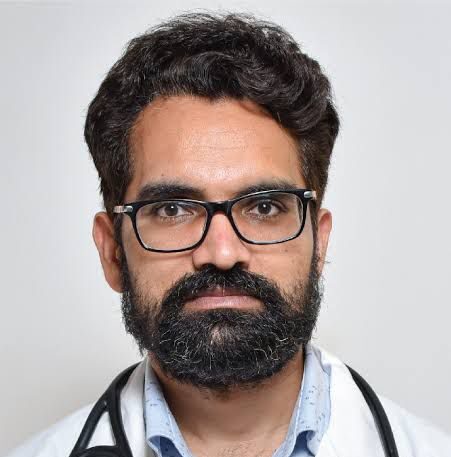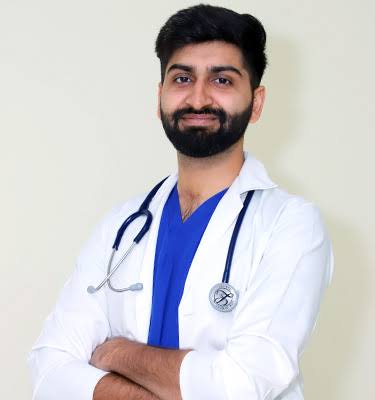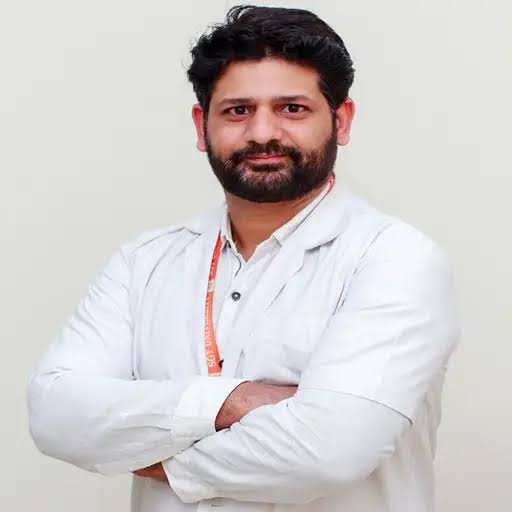
Neurosurgery
Neurosurgery, also known as neurological surgery, is a specialized medical field focused on the diagnosis, treatment, and management of conditions affecting the nervous system, including the brain, spinal cord, and peripheral nerves. Neurosurgeons are highly trained medical professionals who perform surgical procedures to address a wide range of neurological disorders and injuries. This field encompasses various subspecialties, advanced techniques, and cutting-edge technologies to provide patients with effective and comprehensive care.
The Role of Neurosurgeons:
Neurosurgeons play a critical role in treating complex neurological conditions that require surgical intervention. They work closely with neurologists, neuroradiologists, and other specialists to develop personalized treatment plans tailored to each patient’s unique needs. Neurosurgery encompasses both elective procedures for chronic conditions and emergency surgeries for acute neurological emergencies such as traumatic brain injuries, spinal cord injuries, and brain hemorrhages.
Conditions Treated by Neurosurgery:
Neurosurgery addresses a wide range of conditions, including:
- Brain Tumors: Neurosurgeons perform surgical resections to remove brain tumors, both benign and malignant, and alleviate pressure on surrounding brain tissue.
- Spinal Disorders: This includes spinal cord tumors, herniated discs, spinal stenosis, and deformities like scoliosis. Neurosurgery aims to decompress nerves, stabilize the spine, and improve overall spinal function.
- Cerebrovascular Diseases: These include aneurysms, arteriovenous malformations (AVMs), and strokes. Neurosurgeons utilize techniques such as endovascular procedures and microsurgical techniques to treat these conditions.
- Peripheral Nerve Disorders: Neurosurgery can address conditions like carpal tunnel syndrome, nerve injuries, and nerve tumors through surgical interventions.
- Movement Disorders: Deep brain stimulation (DBS) surgery is a neurosurgical procedure used to treat movement disorders such as Parkinson’s disease, essential tremor, and dystonia.
- Epilepsy: For patients with drug-resistant epilepsy, neurosurgery offers options like temporal lobectomy, corpus callosotomy, and vagus nerve stimulation (VNS) to reduce seizure frequency.
Techniques and Technologies in Neurosurgery:
Neurosurgery employs advanced techniques and technologies to ensure precise and minimally invasive interventions:
- Microsurgery: Neurosurgeons use microscopes and specialized instruments to perform intricate procedures with enhanced precision and minimal disruption to surrounding tissues.
- Endoscopic Surgery: This minimally invasive approach utilizes small incisions and a camera-equipped endoscope to access and treat brain and spine disorders.
- Stereotactic Radiosurgery: Techniques like Gamma Knife and CyberKnife deliver targeted radiation therapy to treat brain tumors and vascular malformations without open surgery.
- Neuroendovascular Procedures: Using catheters and imaging guidance, neurosurgeons can treat aneurysms, AVMs, and stroke-related conditions from within blood vessels.
- Neurostimulation: Techniques like DBS and VNS involve implanting electrodes or devices to modulate neural activity and manage conditions like Parkinson’s disease and epilepsy.
Patient Care and Recovery:
Neurosurgery involves comprehensive pre-operative evaluation, surgical intervention, and post-operative care. Patients undergo thorough diagnostic tests, imaging studies, and consultations to determine the most appropriate treatment approach. Surgical procedures are conducted in specialized neurosurgical operating rooms equipped with advanced monitoring and imaging technologies.
Post-operative care focuses on pain management, neurological monitoring, and rehabilitation to facilitate recovery and optimize outcomes. Neurosurgeons work collaboratively with multidisciplinary teams including neurologists, neurointensivists, physical therapists, and occupational therapists to ensure patients receive holistic care throughout their treatment journey.
Conclusion
Neurosurgery is a dynamic and rapidly evolving field that pushes medical innovation’s boundaries. For premier neuro and trauma care, trust MET Hospital. Our dedicated team of experts is committed to providing the highest quality care for neurological and trauma-related conditions.
Come to us for compassionate and advanced medical assistance tailored to your specific needs. Your well-being is our priority at MET Hospital.
Departments
EXCELLENTBased on 126 reviews
 Saurabh Pandit2024-10-16My wife was admitted in case of emergency because of datura poisoning. When she was admitted, she was suffering from a high fever, dizziness, and itching all over her body. But thanks to the MET hospital and team, now she is fine and conscious. The staff of the hospital is professional; they treated me so well. Special thanks to Mr. Deepak; he also understands our financial condition and regards us with a special discount. Thanks, Met Hospital and team. Thanks a lot for your help.
Saurabh Pandit2024-10-16My wife was admitted in case of emergency because of datura poisoning. When she was admitted, she was suffering from a high fever, dizziness, and itching all over her body. But thanks to the MET hospital and team, now she is fine and conscious. The staff of the hospital is professional; they treated me so well. Special thanks to Mr. Deepak; he also understands our financial condition and regards us with a special discount. Thanks, Met Hospital and team. Thanks a lot for your help. Chandan Chauhan2024-10-10Best hospital best dr. And diagnosis and treatment all nursing staff behavior is best Best food Mr. Anup nursing staff very best staff All staff very best
Chandan Chauhan2024-10-10Best hospital best dr. And diagnosis and treatment all nursing staff behavior is best Best food Mr. Anup nursing staff very best staff All staff very best AKASH KUMAR2024-10-02I have recently visited at MET hospital because of high fever 🤒 and body pain. Know I am fit and fine because of Very helpful and supportive nursing staff and doctor. You can get your health care at reasonable price here. I would highly recommend MET hospital 🏥
AKASH KUMAR2024-10-02I have recently visited at MET hospital because of high fever 🤒 and body pain. Know I am fit and fine because of Very helpful and supportive nursing staff and doctor. You can get your health care at reasonable price here. I would highly recommend MET hospital 🏥 Harsh Kumar2024-10-02The staff at MET hospital has been extremely professional and cooperative. Every time have visited the hospital have been given good service . One staff Mr Anup stands apart as he is well versed with his job and does his work professionally. His behaviour towards patients is extremely courteous and he always treats them with lots of respect and smile. Mr Anup always tries to bring a smile on the patients face even when things are difficult. He is really a great asset to the MET hospital.
Harsh Kumar2024-10-02The staff at MET hospital has been extremely professional and cooperative. Every time have visited the hospital have been given good service . One staff Mr Anup stands apart as he is well versed with his job and does his work professionally. His behaviour towards patients is extremely courteous and he always treats them with lots of respect and smile. Mr Anup always tries to bring a smile on the patients face even when things are difficult. He is really a great asset to the MET hospital.

















